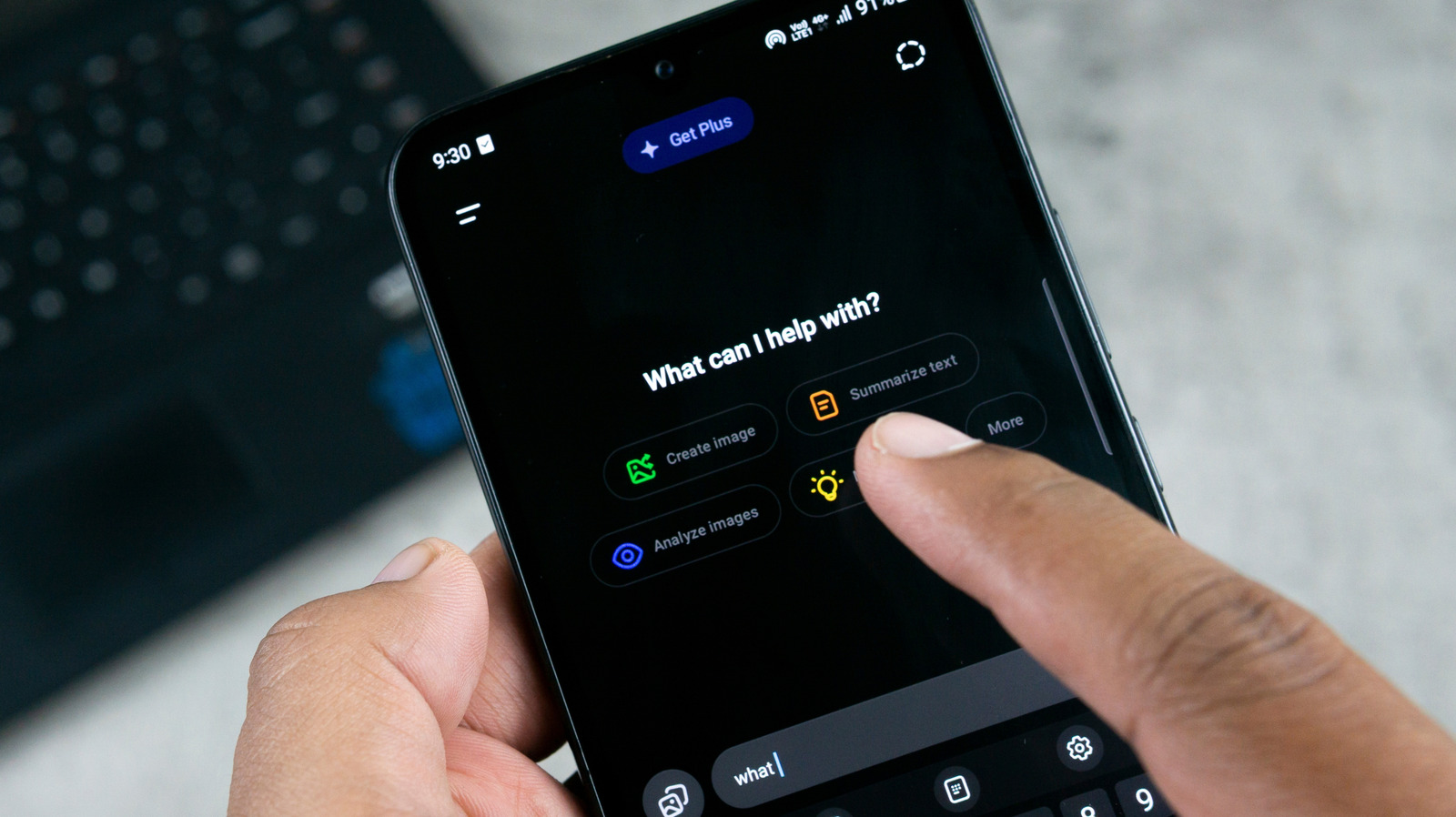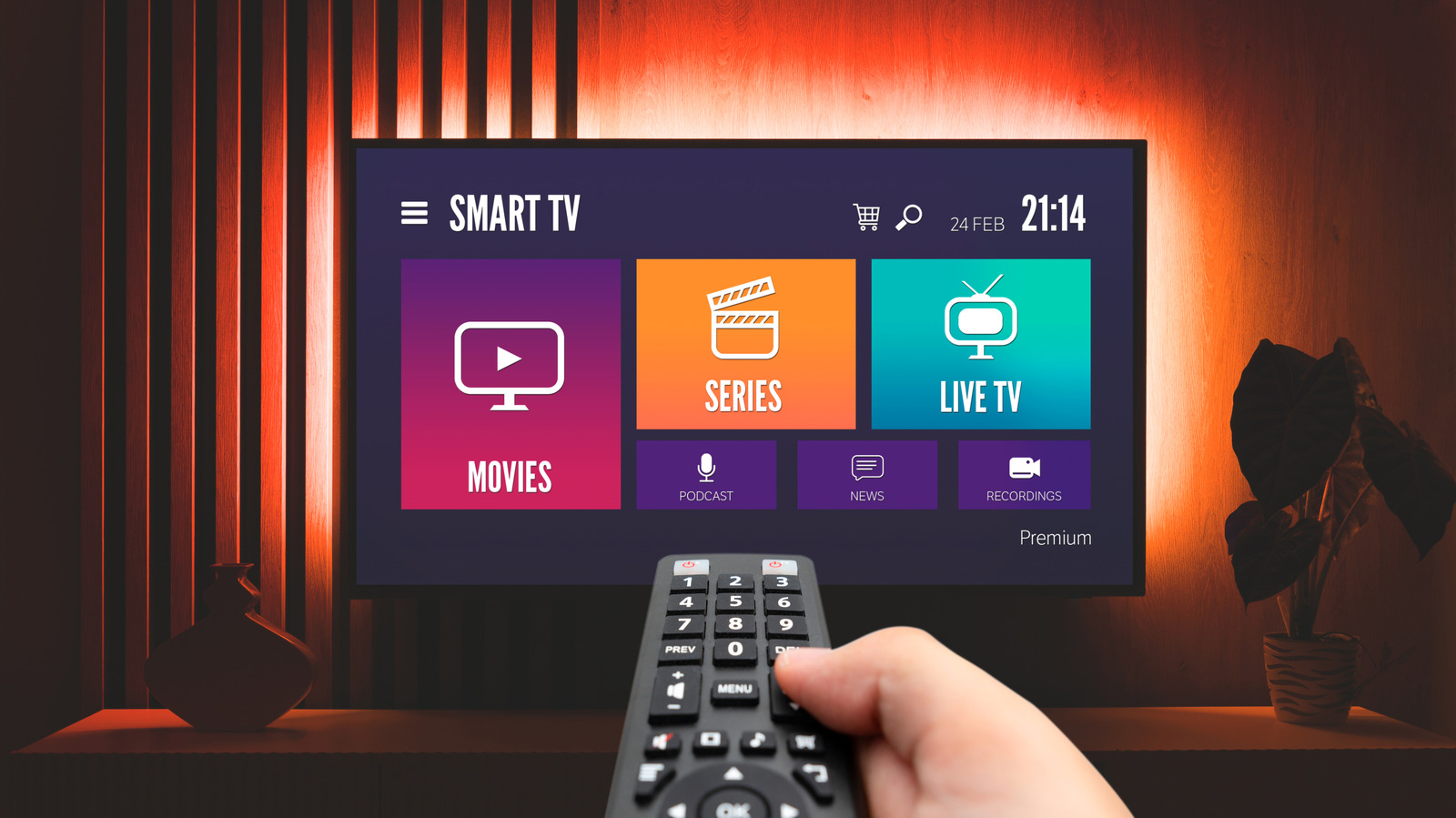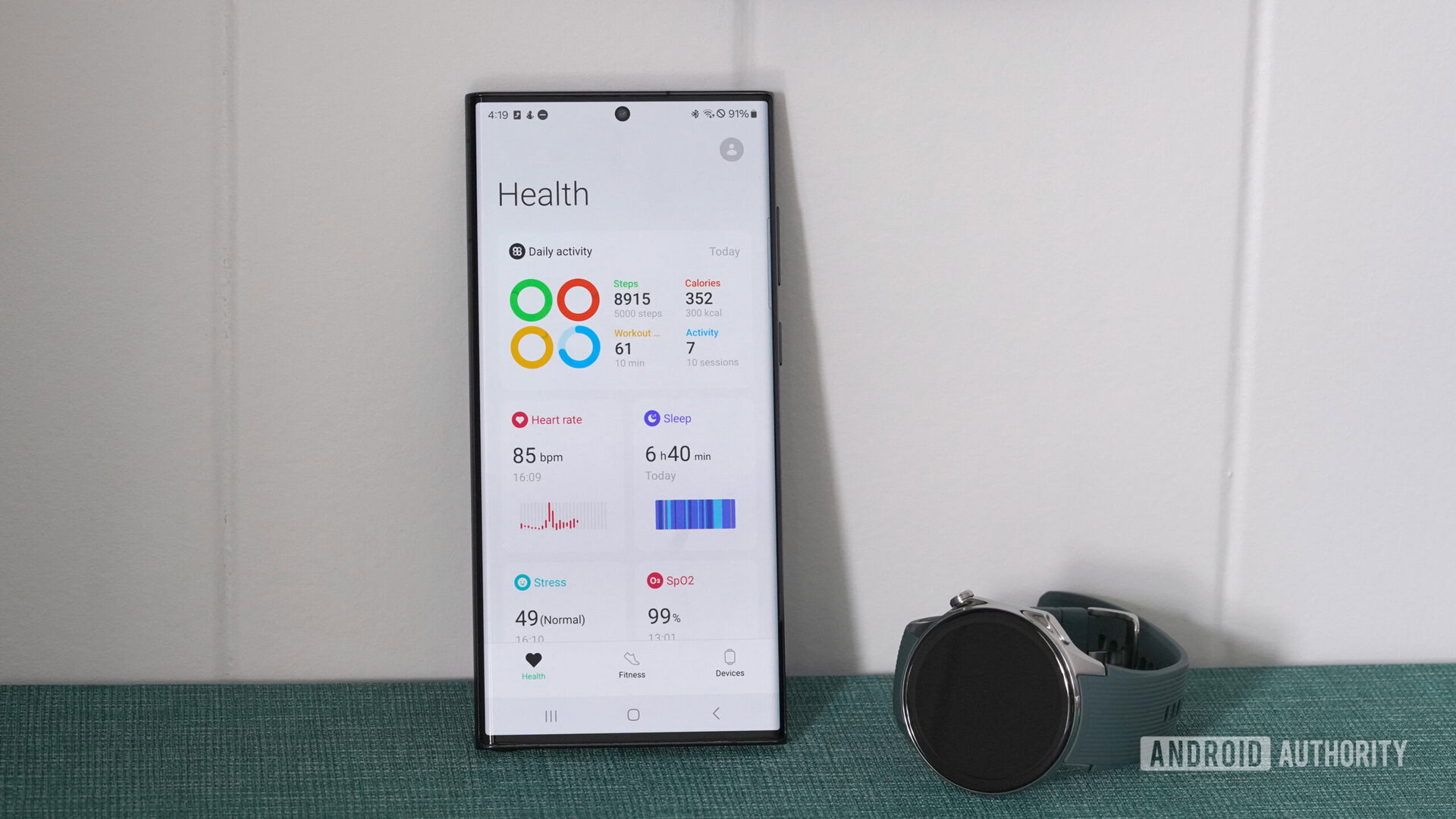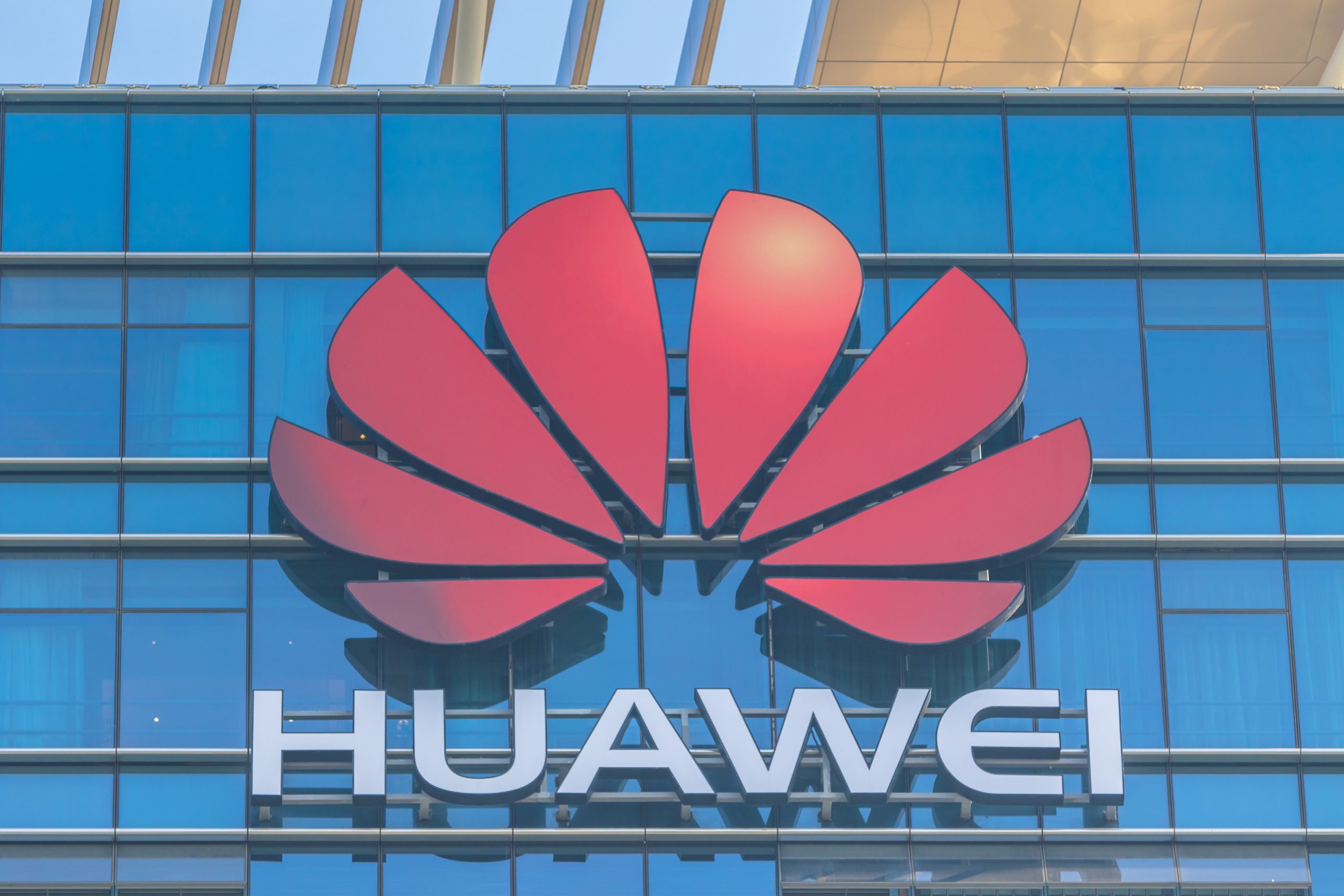The most unexpected surprise today was AMD releasing ROCm 7.9 as a new technology preview / development branch for the open-source ROCm GPU compute stack just one month after formally releasing ROCm 7.0. While not a fan of how they handled the version discontinuity, ROCm 7.9 has been working out well in my very initial tests on AMD Ryzen AI Max “Strix Halo”.
The big push with ROCm 7.9 is on adopting TheRock as their build system moving forward. No real surprise there but again most surprising was seeing “ROCm 7.9” dropping one month after ROCm 7.0 in being caught off-guard with their versioning and seeming like it could have been better handled with announcing both at the same time and perhaps just marking a “ROCm-next” branch instead of v7.9. Or at least communicating the new technology preview moving forward, with today’s announcement noting this will continue through mid-2026.
With ROCm 7.9 is also now a fully open release process from nightly builds to RCs, better pull request handling, etc. Overall ROCm 7.9 is a grand step forward in moving ahead for AMD’s GPU compute stack, just something that could have been communicated better especially with coming so soon after ROCm 7.0 stable.
With today’s ROCm 7.9 release announcement the hardware support is noted as:
“Hardware support: Builds are limited to AMD Instinct MI350 Series GPUs, MI300 Series GPUs and APUs, Ryzen AI Max+ PRO 300 Series APUs, and Ryzen AI Max 300 Series APUs.”
This is unfortunate. Still the AMD Instinct focus and now the AMD Ryzen AI Max “Strix Halo” APUs. I’d imagine as with ROCm 7.0 the “unofficial” hardware support coverage is much greater, but again an unfortunate communication lapse. Especially with the push to rely on the distribution/OS AMDGPU and AMDKFD kernel drivers the hardware support should be much greater with modern Linux distributions.
In any case with ROCm 7.9 release notes calling out the AMD Ryzen AI Max 300 series, I was eager to carry out some quick tests. I was using the Ryzen AI Max 395 with the Framework Desktop.
On the Framework Desktop it worked out surprisingly smoothly for the Python pip3-based install method. I ran some quick tests on Ubuntu 24.04.3 LTS and it worked out well as is officially supported. Then I also tried out Ubuntu 25.10. ROCm 7.9 was working out fine there too on Ubuntu 25.10 with its newer AMDGPU/AMDKFD kernel drivers and the pip3-based install (with minor changes, such as the usual “–break-system-packages” caveat).
I will be working on some ROCm 7.9 comparison benchmarks soon in not being aware of the ROCm 7.9 release plans in advance. It will also be interesting to see how this ROCm 7.9+ “technology preview” plays out over the months ahead with what more changes are abound in the coming months with this only being just one month after the ROCm 7.0 stable debut.










